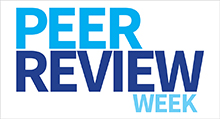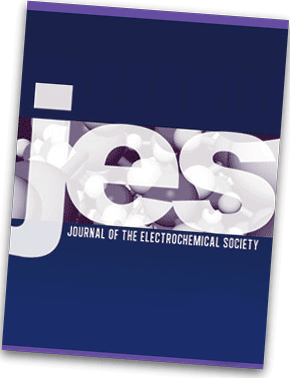 The peer review process is the heart of scholarly communication, assuring the publication of high-quality papers and strengthening the public’s perception of the science. Through peer review, editors, reviewers, and authors work together to ensure the work is coherent, rigorous, and adds to the scientific knowledge base.
The peer review process is the heart of scholarly communication, assuring the publication of high-quality papers and strengthening the public’s perception of the science. Through peer review, editors, reviewers, and authors work together to ensure the work is coherent, rigorous, and adds to the scientific knowledge base.
However, peer review is not flawless. Namely, the labor intensive review-revise-resubmit process can be time consuming, potentially hampering scientific progress due to publication delay.
“Peer review is everything,” says Michael Hickner, member of the ECS Editorial Advisory Committee and professor at Pennsylvania State University. “However, it can be inefficient and sometimes mistakes happen, but it is our system. Peer review is our gold standard and a tradition of the academic community.”
To help combat some of the issues facing the peer review process today and further strengthen ECS’s manuscript review process, the Society has established the Editorial Advisory Committee to accelerate the peer review process and resolve discrepancies between reviewers on content quality.
“The core goal of the Editorial Advisory Committee is to lend expertise and perspective to the editors and associate editors,” Hickner says, who specializes in membranes for fuel cells and batteries. “I’m a technical consultant and I can weigh in on key papers; perhaps like a trusted super-reviewer.”


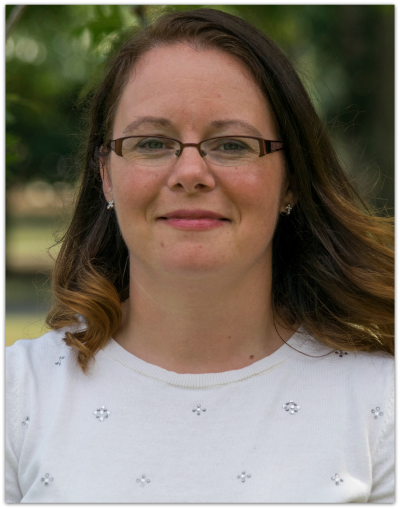 Alice Suroviec is an associate professor at Berry College, where she focuses her research efforts on the development of microelectrodes and applications of electrochemistry to real-time detection of biological analytes in aqueous solutions. Suroviec has recently been appointed to the ECS Electrochemical Science & Technology Editorial Board as an associate editor for the
Alice Suroviec is an associate professor at Berry College, where she focuses her research efforts on the development of microelectrodes and applications of electrochemistry to real-time detection of biological analytes in aqueous solutions. Suroviec has recently been appointed to the ECS Electrochemical Science & Technology Editorial Board as an associate editor for the 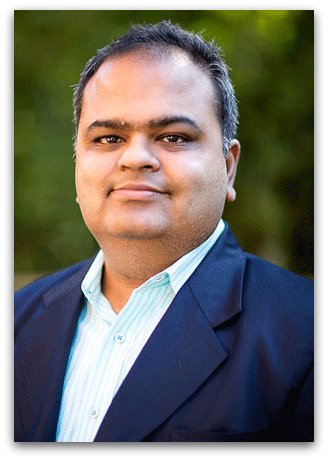 Venkat Subramanian is the Washington Research Foundation Innovation Professor of Chemical Engineering and Clean Energy at the University of Washington. His research efforts focus on computational models to bridge next-generation energy materials to battery management systems. Subramanian has recently been named a new technical editor of the
Venkat Subramanian is the Washington Research Foundation Innovation Professor of Chemical Engineering and Clean Energy at the University of Washington. His research efforts focus on computational models to bridge next-generation energy materials to battery management systems. Subramanian has recently been named a new technical editor of the 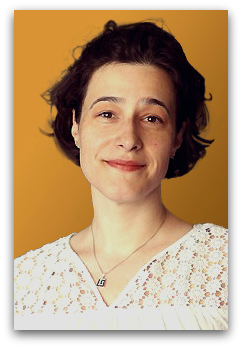 Janine Mauzeroll is an associate professor at McGill University, where she leads a research group focused on topics ranging from electrochemistry in organic and biological media to electronically-conducting polymers. Her work combines experimental and theoretical electrochemical methods and applies them to biomedical and industrial problems such as multidrug resistance in human cancer cells, neurotransmitter release, biosensor design, and high-speed scanning electrochemical microscopy. Mauzeroll has recently been named a new technical editor of the
Janine Mauzeroll is an associate professor at McGill University, where she leads a research group focused on topics ranging from electrochemistry in organic and biological media to electronically-conducting polymers. Her work combines experimental and theoretical electrochemical methods and applies them to biomedical and industrial problems such as multidrug resistance in human cancer cells, neurotransmitter release, biosensor design, and high-speed scanning electrochemical microscopy. Mauzeroll has recently been named a new technical editor of the 
